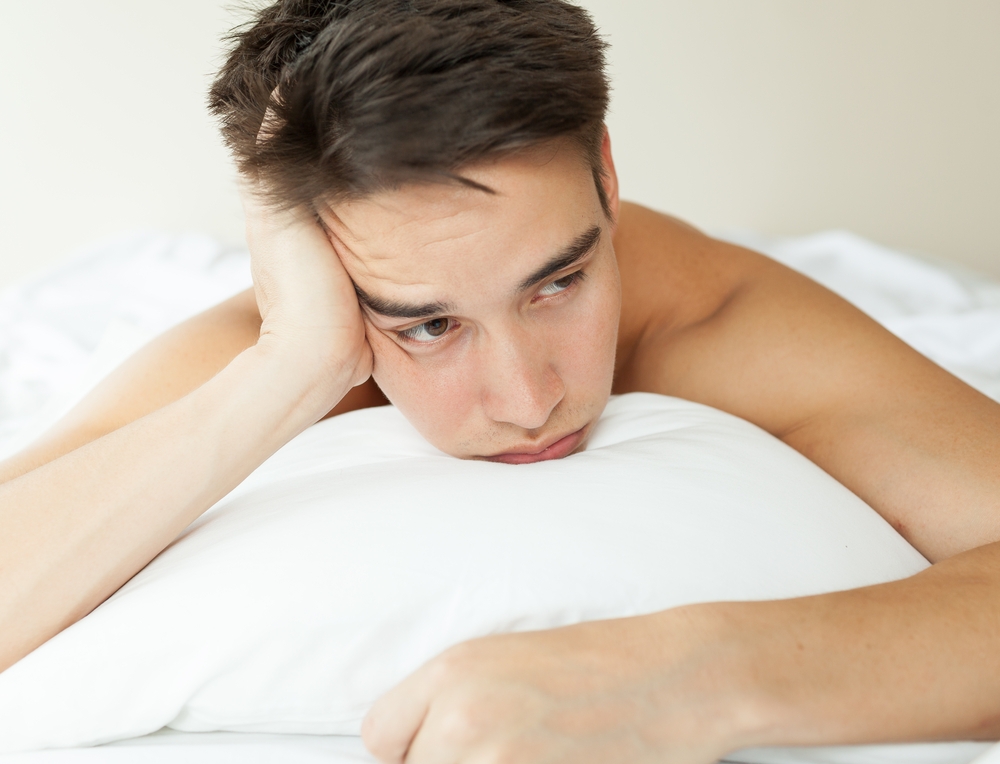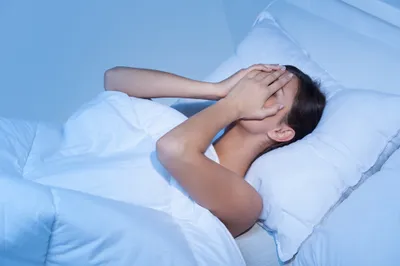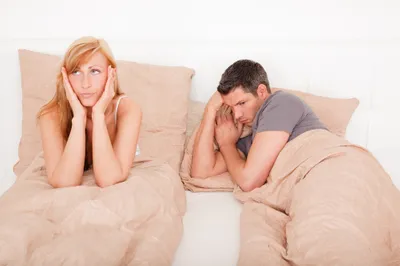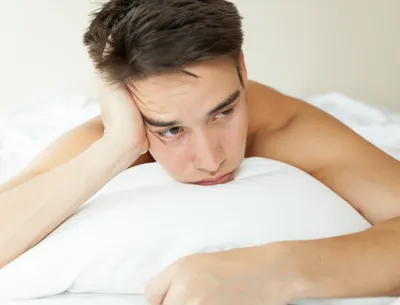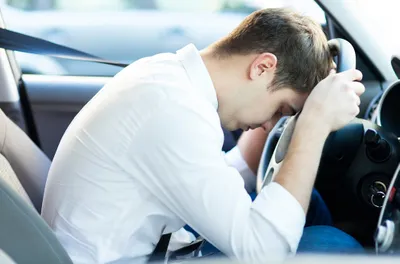Are you one of those people who try to operate on as little sleep as possible? You’re not alone; most of us suffer from bouts of sleep deprivation. However, aside from being a grumpy, walking, zombie, lack of sleep can affect your health in seven very dangerous ways…
1. Sleep Deprivation Can Put At Risk for Chronic Conditions
If you suffer from insomnia, you might not only leave your car keys in the refrigerator…again, you might actually increase your chances of developing a chronic condition. Research studies suggest that the majority of insomniacs (about 90-percent) develop a health condition spurred by chronic lack of sleep—including cardiovascular issues, arrhythmia, high blood pressure, or diabetes.
2. Inadequate Sleep Ages You
You might feel about 100 years old after a week of little sleep, and it turns out that you might be feeling the aging affects of sleep deprivation. You must admit, those who sleep poorly suffer the consequences of dull skin, red, puffy eyes, fine lines, and dark circles due to increased cortisol, a stress hormone that impairs skin collagen production and elasticity of skin.
3. Sleep Loss Decreases Libido
If you’re sleep deprived chances are you’re not in the mood for loving. That’s because studies trace lack of sleep directly to lowered libido in both men and women—due to lack of energy, frustration, and stress. For men with sleep-depriving conditions (i.e., like sleep apnea) testosterone (the sex hormone) levels may actually decrease.
4. Sleep Loss Can Lead to Weight Gain
You snooze; you lose when it comes to sleep and maintaining a healthy body weight. Why? It makes sense that sleep deprivation can lead to poor, sugar-rich, high fat, processed food choices. And when you’re robbed of sleep for a few days in a row, you’re more likely to succumb to hunger and convenience foods while having little energy for exercise, which inevitably leads to weight gain.
5. Lack of Sleep Causes Depression
You’ll surly feel helpless, frustrated, and overwhelmed after multiple sleep-deprived nights. However, if you have chronic sleep condition (i.e., sleep apnea) studies show that you’re more likely to become depressed as a result. A 2005 sleep study actually found that individuals diagnosed with clinical depression sleep an average of 6 hours a night or less—while those diagnosed with insomnia were approximately 5 times more prone to depression and anxiety disorders.
6. Sleep Loss Robs Us of Cognitive Thinking
You have to admit that you don’t function well after a night of poor sleep. Work and school often suffer as a result. That’s because sleep fuels our cognitive processes, and lack thereof will decrease attention span, mental alertness, focus, concentration, thinking, communication, learning, and reasoning abilities.
7. Sleepiness Causes Accidents
Its tragic how many car accidents are caused by sleep deprived drivers and injuries on the job are caused by exhausted workers. Lack of sleep is actually a public safety hazard—especially when you consider lack of it has about the same effect as driving impaired, with approximately 100,000 auto collisions a result of sleepiness every year in the U.S.
